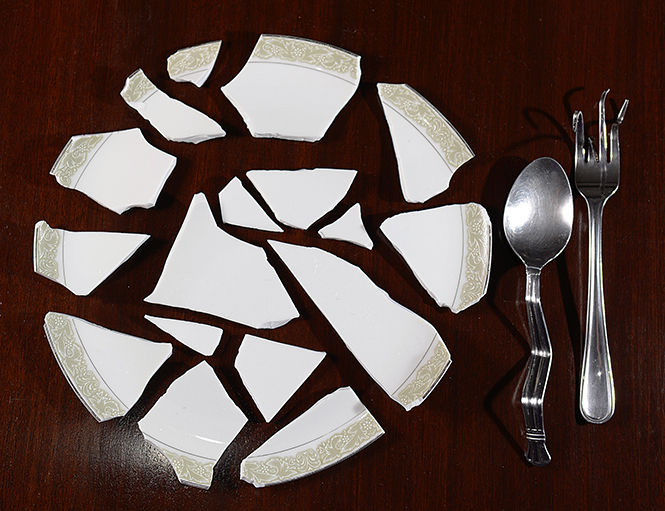Eating disorders on campus: What they are and where to seek help
If you break a bone, you wear a cast to show that you’re healing. You wear the plaster reminder of a past battle on your wrist. If you have an eating disorder, the scars are just as real, even if others may not see the outward signs of what your body has endured.
“From the outside, our struggles look like we should just be able to snap out of it,” said Suzanne Holt, director of Women’s Studies. “That’s one of the agonizing elements of an eating disorder is you would love to snap out of it if you could, and you can’t, and you don’t know why you can’t.”
Both a physical and emotional struggle, eating disorders include anorexia nervosa, bulimia nervosa and binge-eating disorder.
According to the National Association of Anorexia Nervosa, 24 million people have suffer from an eating disorder in the U.S. Additionally, 25 percent of college-aged women engage in binging and purging as a weight-management technique.
“There’s always a story behind the eating disorder that you don’t know,” said Teri Heer, a graduate mental health counselor. “There are all kinds of reasons, and it’s not that someone said one day, ‘I’m stressed, I think I’ll over-eat and throw up.’”
Whether it’s trauma, bullying or a divorce, eating disorders are usually related to social factors. They don’t just emerge, and they’re not something that can be easily quit.
Anorexia is on of the most dangerous eating disorders to go untreated, which can lead to osteoporosis, starvation and kidney damage. Bulimia can cause complications including tooth decay and dehydration, whereas high blood pressure and heart disease are linked with binge-eating disorder.
The Body Acceptance Movement (BAM) at Kent State is working to shed light on the challenges men and women face everyday when living with an eating disorder through National Eating Disorders Awareness Week.
“Most eating disorders come from an inside perspective, so to heal others you have to be a good advocate and learn to love yourself,” said Kylie McCann, a senior human development major and vice president of BAM.
There is always hope, and BAM offers support for a healthy lifestyle of body acceptance.
The path to recovery may not always be easy, but it is possible. The National Eating Disorders Association recommends psychotherapy or counseling along with proper nutrition as the most effective form of treatment.
People can offer support to a friend with an eating disorder by recognizing that eating disorders are a habit and by being patient as they go through recovery.
“It’s really important to have someone acknowledge that you’re in a hard place, and you’ve got a tough habit to kick,” Holt said. “When other people had faith in me when I was missing that faith in myself, that got me through it. Sometimes someone’s faith in you becomes the bridge that gets you to believe in yourself. “
On campus, students with an eating disorder can seek counseling at the Counseling and Human Development Center located in White Hall or the Psychological Clinic in Kent Hall.
Contact Jamie Brian at [email protected].



